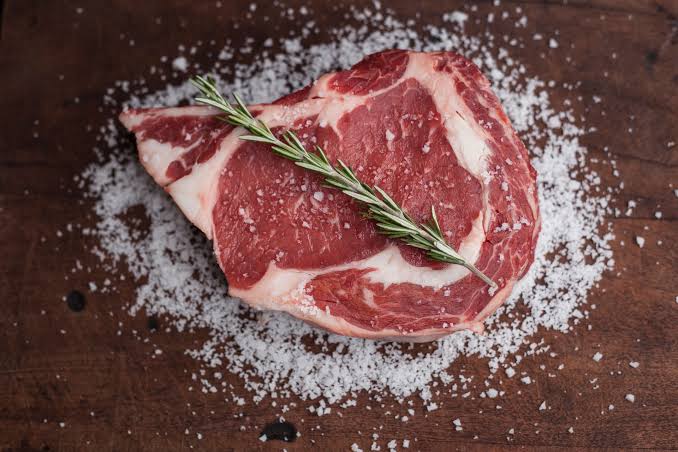The Culling of Pigs in Estonia: A Tragic Necessity or a Wake-Up Call to a Sustainable Future?
The recent necessity of a mass cull of pigs in Estonia due to the African Swine Fever (ASF) outbreak may seem tragic, but it serves as a stark wake-up call to the pressing need for alternative, more humane, and sustainable methods of meat production. This is especially critical considering the

The recent necessity of a mass cull of pigs in Estonia due to the African Swine Fever (ASF) outbreak may seem tragic, but it serves as a stark wake-up call to the pressing need for alternative, more humane, and sustainable methods of meat production. This is especially critical considering the potential for ASF to recur, causing further loss of animal lives and substantial economic damage.
In light of this, an innovative approach to meat production is rapidly gaining traction: lab-grown and 3D-printed meat. Technological advancements spearheaded by companies like Redefine Meat Ltd and Aleph Farms Ltd are revolutionizing the landscape of the meat industry. They are using cutting-edge 3D-printing techniques to create plant-based meats that not only mimic the taste and texture of traditional meat but are also more environmentally friendly and ethically sound.
Redefine Meat Ltd, an Israel-based company, aims to change the notion that delicious meat can only come from animals. Their 3D printers, loaded with plant-based "ink", can replicate the complex layering of muscle and fat to recreate the right texture of various beef cuts, from fillet to rump and brisket. Meanwhile, Aleph Farms Ltd has unveiled the world's first slaughter-free ribeye steak, further reinforcing the possibilities that lab-grown meat can offer.
Such innovations could prove to be the solution for issues that have long plagued the meat industry, from environmental degradation to animal welfare and disease transmission. Instead of rearing livestock susceptible to diseases like ASF, farms could become bio-factories, cultivating animal cells and printing meats in a controlled environment. This revolutionary approach eliminates the need for conventional livestock farming and its associated ethical and environmental concerns.
This transition is already underway, with Redefine Meat raising a significant amount of funding to build a large-scale pilot factory and commence sales later this year. Their ultimate goal? To become the world's largest alternative meat company by 2030.
While the shift towards lab-grown meat will not occur overnight and will face considerable challenges, the potential benefits are far too significant to ignore. In the face of recurring animal diseases and mounting environmental pressures, innovative solutions such as 3D-printed meat could pave the way to a sustainable, ethical, and resilient future for meat production.
The tragic culling of pigs in Estonia is a vivid reminder of the need for change. It is a chance for us to rethink our relationship with food, embrace innovation, and create a world where no animal has to be sacrificed for our dinner plates. The future of meat could be just a print away, and the journey to it starts with the choices we make today.




